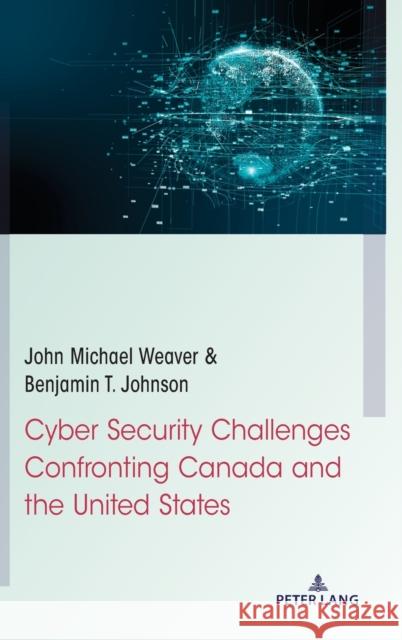Cyber Security Challenges Confronting Canada and the United States » książka
topmenu
Cyber Security Challenges Confronting Canada and the United States
ISBN-13: 9781433181009 / Angielski / Twarda / 2020 / 148 str.
This work examines qualitative research regarding cyber threats that have continually beleaguered Canada and the United States by malevolent actors mostly over the last five years.











